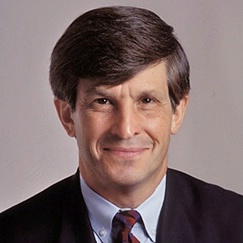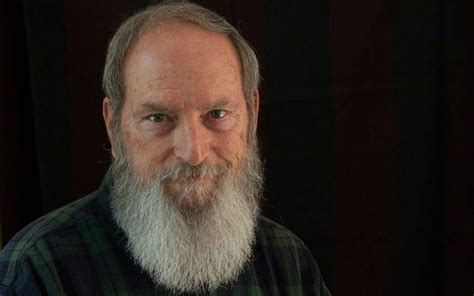A Quote by Allan Lichtman
Our best presidents have really combined domestic leadership with heroic achievements in foreign affairs or war.
Quote Topics
Related Quotes
I feel that my role as a former president is probably superior to that of other presidents. Primarily because of the activism and the injection of working at the Carter Center, and in international affairs, and to some degree, domestic affairs, on energy conservation, on environment, and things of that kind.
Woodrow Wilson is reported to have told a Princeton colleague, shortly after the 1912 election, "It would be an irony of fate if my administration had to deal chiefly with foreign problems, for all my preparation has been in domestic matters." In the event, Wilson's early months were marked by substantial domestic legislative accomplishment. Unfortunately, after Europe plunged into the Great War in August 1914, Wilson's leadership was uncertain.
The true theory of our Constitution is surely the wisest and best, that the States are independent as to everything within themselves, and united as to everything respecting foreign affairs. Let the General Government be reduced to foreign concerns only, and let our affairs be disentangled from those of all other nations, except as to commerce, which the merchants will manage the better, the more they are left free to manage for themselves, and our General Government may be reduced to a very simple organization, and a very inexpensive one; a few plain duties to be performed by a few servants.
I think that the war on drugs is domestic Vietnam. And didn't we learn from Vietnam that, at a certain point in the war, we should stop and rethink our strategy, ask ``Why are we here, what are we doing, what's succeeded, what's failed?'' And we ought to do that with the domestic Vietnam, which is the war on drugs.






































